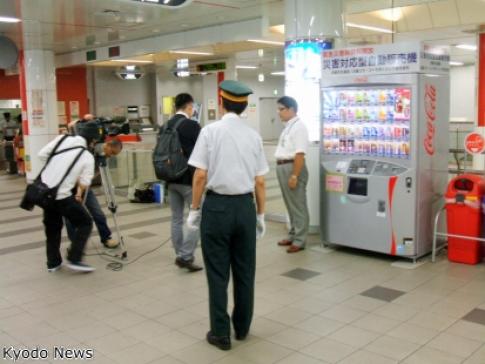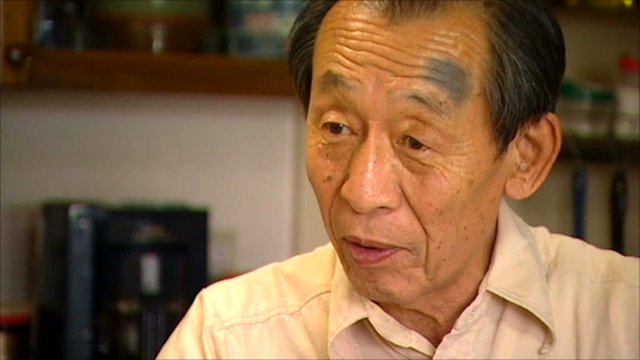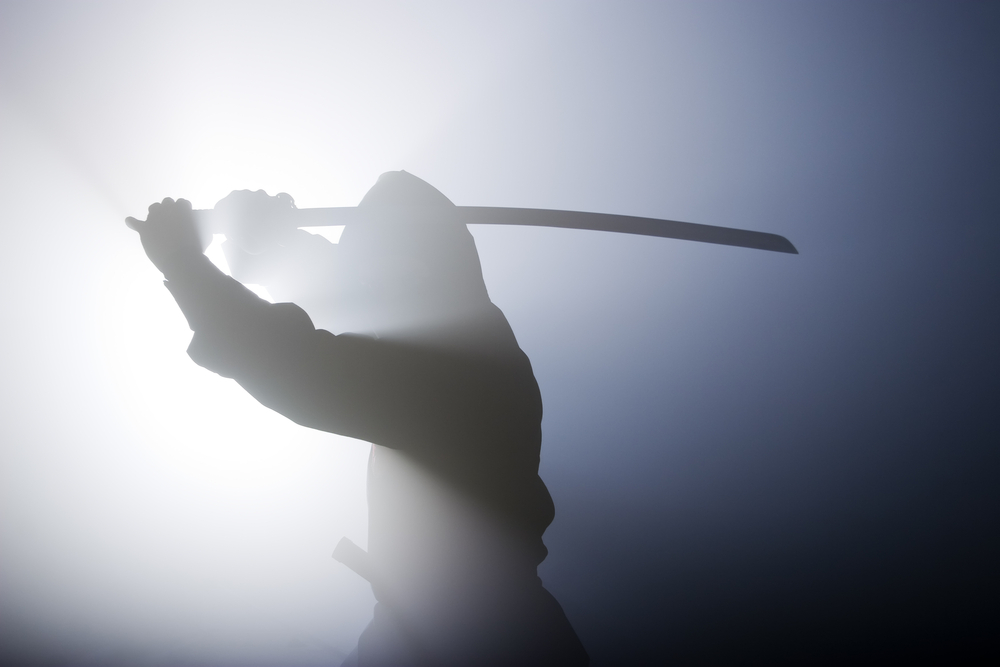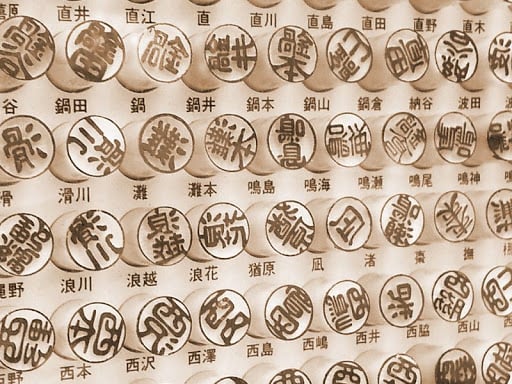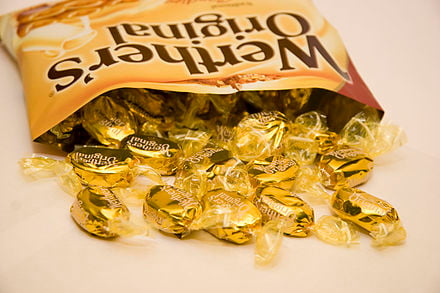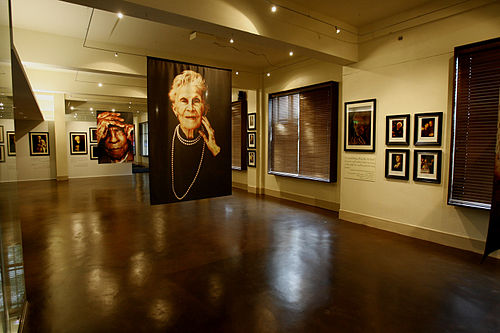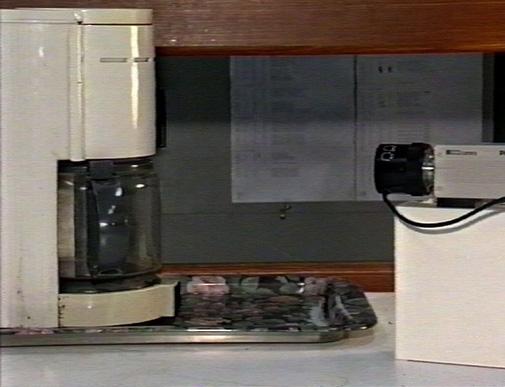With 5 million vending machines nationwide (that’s 1 vending machine for every 23 people) and natural disasters commonplace, Japan has specialized vending machines that have a backup battery and dispense free drinks and food in the event of a major emergency.
Vending Machines in Japan Offer Free Drinks in Case of Emergency Free drinks from a beverage vending machine? It’s more likely than you think – in Japan, that is. Specially labeled vending machines equipped with battery backup are programmed to offer victims of natural disasters life-giving water and soft drinks at no charge. Major earthquake, […]
